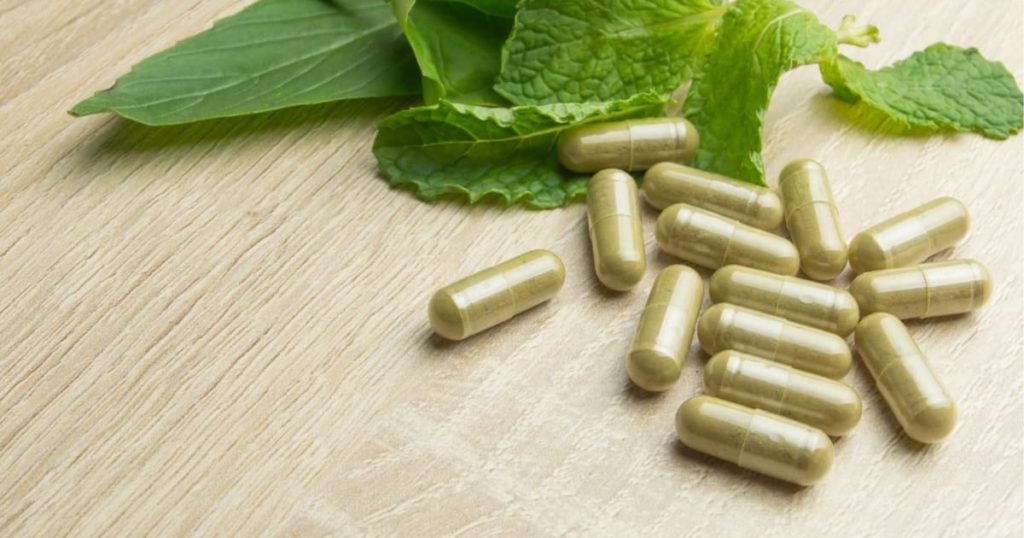If you develop an addiction to alcohol, you will need to go through a detoxification period before actively participating in substance treatment. People with moderate or severe drinking problems almost inevitably require some sort of medication during detox in order to cope with the discomforting and potentially dangerous symptoms of alcohol withdrawal. However, in some cases, you may be able to take part in natural alcohol detox that does not rely on medication.
Why Medications Are Used
During the withdrawal process, people with alcohol problems typically experience a range of physical and mental symptoms, including problems such as:
- A nervous, anxious or depressed mental state
- Bad dreams
- Loss of mental clarity
- Headaches
- Sleep disruptions
- An elevated heartbeat
Detox is also usually accompanied by a compelling craving to return to drinking. In addition, some people severely affected by alcohol problems develop a dangerous, potentially fatal complication called delirium tremens (the DTs) during the withdrawal process. Medications are commonly used to blunt the impact of alcohol withdrawal symptoms and help you successfully complete detoxification. You may also need medication-based treatment to survive life-threatening symptoms of the DTs.
Non-Medication-Based Detox Treatments
Even in a program that relies on medications, you will also typically receive a number of non-medication-based or natural alcohol detox treatments. Common examples of these treatments include:
- Thiamine (vitamin B1)
- Folate (folic acid or vitamin B9)
- Multivitamins
- Glucose
- Minerals such as potassium, phosphate and magnesium
If you are only mildly affected by alcohol withdrawal, your doctor may consider a detox program that excludes medications and focuses on these kinds of treatments. However, doctors commonly use sedatives to ease the impact of withdrawal even in mild cases. This means that the vast majority of people in treatment don’t detox from alcohol without medication. It’s important to note that alcohol withdrawal presents more risks for health complications than almost any other form of substance withdrawal. Some people attempt to detox on their own at home. However, you cannot predict the course of the withdrawal process, and if you experience complications outside of a doctor’s care, you may put your health in serious jeopardy. In addition, if you attempt to detox on your own, you have a much smaller chance of coping successfully with the alcohol cravings that commonly occur during withdrawal. More than anything else, uncontrolled cravings act as a trigger for a relapse back into active drinking. Sources: U.S. National Library of Medicine – MedlinePlus: Alcohol Withdrawal UpToDate: Management of Moderate and Severe Alcohol Withdrawal Syndromes

